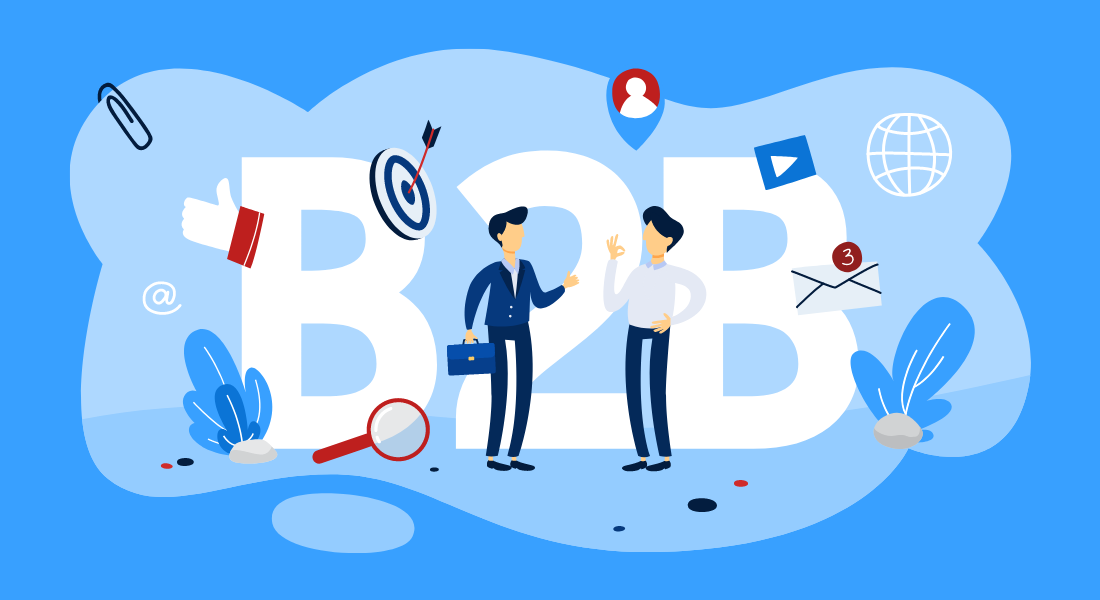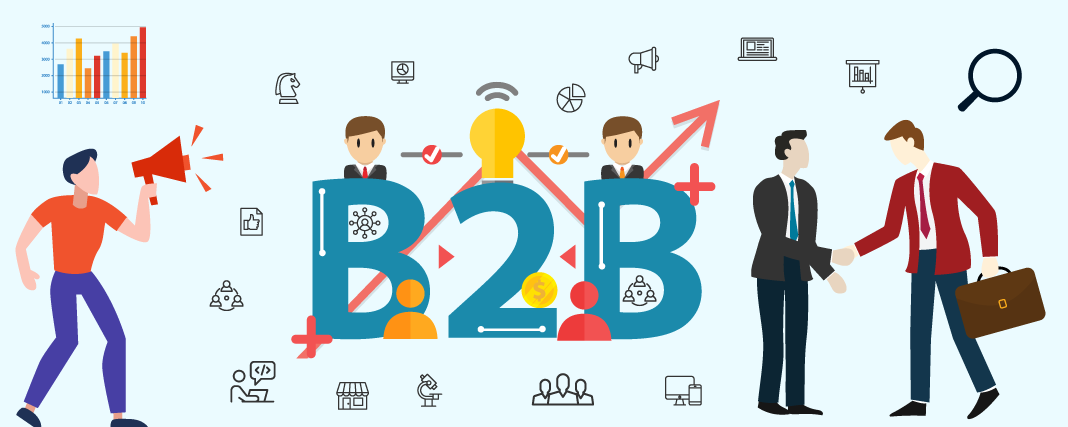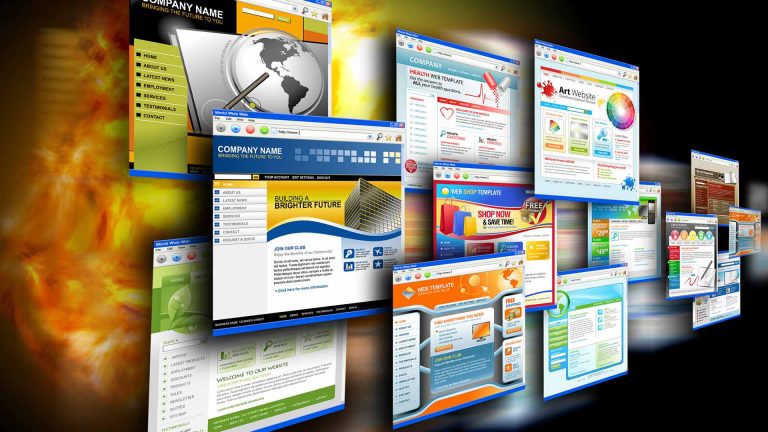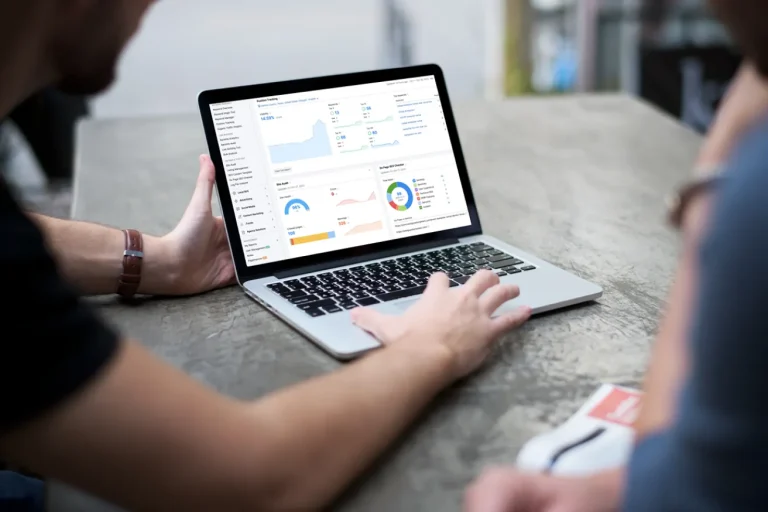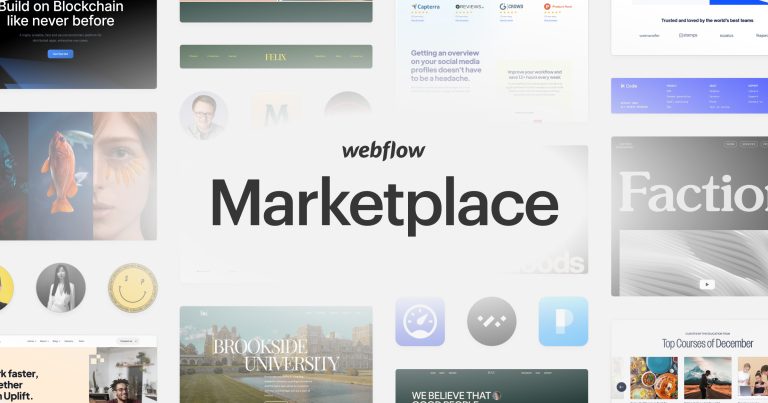Marketing automation for b2b: Top best Tools & Strategies, Examples
B2B marketing automation involves using software and technology to make marketing tasks and campaigns easier for B2B businesses. It aids B2B marketers in getting more leads, guiding them through the sales process, and boosting conversions and revenue. In this write-up, we’ll look at the best tools and strategies for B2B marketing automation and share examples of how B2B businesses benefit from it.
What is Marketing Automation for B2B?
Automating marketing for B2B involves using software to streamline and improve marketing tasks and campaigns for B2B companies. It supports B2B marketers in different areas of marketing, including:
- Lead generation and management: The process of capturing and qualifying leads from different sources, such as web forms, landing pages, or social media, and assigning them to the appropriate sales reps or campaigns.
- Email marketing: The process of sending personalized and relevant emails to leads and customers, based on their behavior, preferences, and stage in the buyer’s journey.
- Content marketing: The process of creating and distributing valuable and engaging content, such as blog posts, ebooks, or webinars, to attract and educate leads and customers.
- Social media marketing: The process of using social media platforms, such as Facebook, Twitter, or LinkedIn, to promote brand awareness, generate leads, and engage with prospects and customers.
- Web analytics: The process of collecting and analyzing data from website visitors, such as page views, bounce rate, or conversions, to measure and improve marketing performance and ROI.
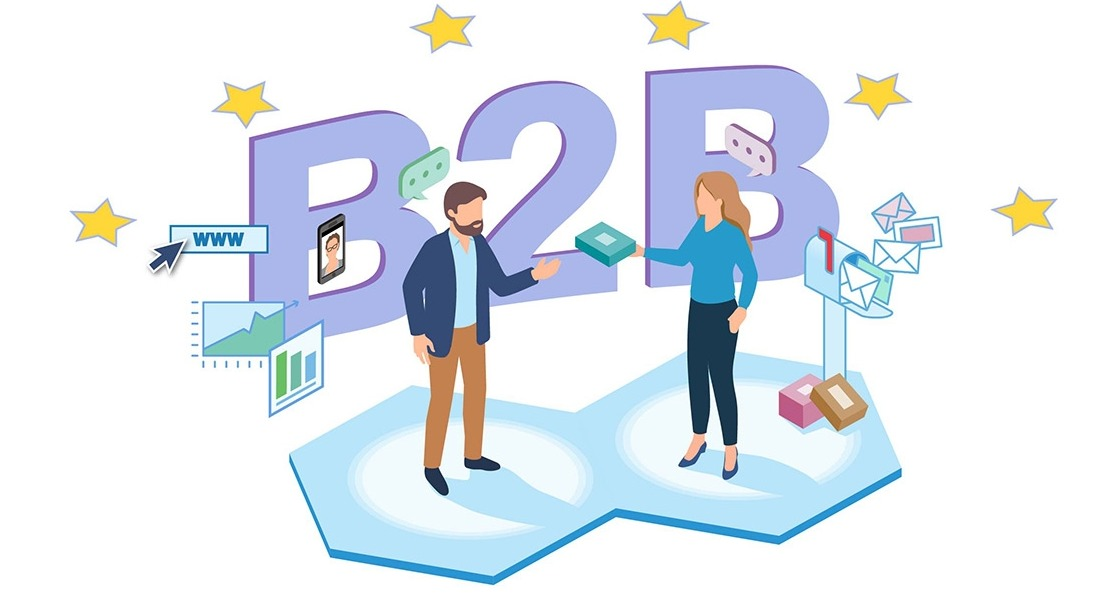
Marketing automation for B2B can provide various benefits for B2B businesses, such as:
- Saving time and resources by automating repetitive and manual tasks, such as sending emails, posting on social media, or updating CRM records.
- Increasing conversions and revenue by delivering relevant and timely messages to prospects and customers, based on their behavior, preferences, and stage in the buyer’s journey.
- Enhancing customer experience and loyalty by providing consistent and personalized communication across multiple touchpoints, and by nurturing long-term relationships with clients.
- Gaining insights and analytics by tracking and measuring the performance of marketing campaigns, and by providing actionable data and reports to optimize strategy and ROI.
Top Best Marketing Automation Tools for B2B
Based on our research and analysis, here are the top best marketing automation tools for B2B, along with their pros and cons, and pricing information:
Adobe Marketo Engage
It stands out as a leading B2B marketing automation platform that empowers enterprises to boost revenue and enhance customer engagement. It provides a comprehensive suite of functionalities, including lead generation and management, email marketing, content marketing, social media marketing, web analytics, and more. The platform seamlessly integrates with Adobe Experience Cloud and popular third-party tools like Salesforce, Microsoft, and Google.
Pros:
– Powerful and scalable for enterprise-level marketing automation
– Rich features for creating and managing complex and personalized campaigns
– Advanced AI-powered analytics for performance measurement and optimization
– Native integration with Adobe Experience Cloud and other widely-used tools
Cons:
– High learning curve and technical expertise required
– Pricing is customized and can be expensive based on contacts and features
– Limited customer support and documentation
HubSpot CRM
HubSpot CRM is widely used and easy for small and medium businesses. It helps with B2B marketing through automation. It has features like lead generation, email marketing, content marketing, social media marketing, and web analytics. You can connect it with other HubSpot products and third-party tools such as Gmail, Outlook, and Zapier.
Pros:
– Easy and intuitive platform for automating inbound marketing
– Versatile features for creating and managing effective campaigns
– Free and affordable pricing plans for various business needs
– Excellent customer support and documentation
Cons:
– Limited scalability and customization for enterprise-level marketing
– Some features require additional paid add-ons or integrations
– Users may experience issues with data syncing and reporting accuracy
Active Campaign
It’s a strong and affordable B2B marketing automation platform for businesses of any size. It helps automate and improve various areas like lead generation, email marketing, content marketing, and social media marketing. It works well with more than 300 other tools, such as Shopify, WordPress, and Facebook.
Pros:
– Robust and cost-effective platform for automating and optimizing campaigns
– Flexible features for creating diverse and personalized campaigns
– Extensive and user-friendly integrations with various tools and platforms
– Responsive customer support and comprehensive documentation
Cons:
– Steep learning curve and technical expertise required
– Some features are limited in lower-tier plans
– Users may encounter issues with email deliverability and spam filtering.
Marketing Automation Strategies for B2B
To make the most of your marketing automation tool for B2B, you need to have a clear and effective marketing automation strategy. Here are some of the best marketing automation strategies for B2B, along with some examples of how to implement them:
Lead Scoring
Lead scoring is a strategy that assigns a numerical value to each lead based on their behavior, preferences, and fit to your ideal customer profile. It helps you prioritize and segment your leads, and determine the best time and way to follow up with them.
Lead scoring helps you evaluate leads by giving them points for actions like opening emails, downloading ebooks, or requesting demos. Conversely, points can be deducted for inactivity, like not opening emails, unsubscribing, or bouncing. The lead score guides various actions, like sending thank-you emails, providing discounts, or notifying a sales representative.
Email Marketing
Email marketing is a strategy that uses email as a channel to communicate and engage with your leads and customers. It helps you deliver relevant and personalized messages, and nurture them through the sales funnel.
You can employ email marketing for various purposes. Send welcome emails to new subscribers, share educational content with prospects, promote products to customers, or reconnect with inactive leads. Additionally, you can organize your audience into groups based on their interests, preferences, or where they are in the buyer’s journey, and customize your messages accordingly.
Content Marketing
Content marketing is a strategy that uses content, such as blog posts, ebooks, or webinars, to attract and educate your leads and customers. It helps you establish your authority and credibility, and provide value and solutions to your audience.
You can employ content marketing to make and share content that talks about the problems, difficulties, and aims of your intended audience. Additionally, you can utilize content marketing to present exclusive content, like ebooks, white papers, or case studies. To access this content, leads need to provide their contact details, aiding in lead generation, qualification, and expanding your email list.
Social Media Marketing
Social media marketing involves using platforms like Facebook, Twitter, or LinkedIn to boost brand awareness, get leads, and interact with potential customers. It lets you connect with your intended audience, display your value, and show your personality.
You can share your blog posts, ebooks, or webinars on social media to engage your followers. Encourage them to like, comment, or share your content. Run ads, contests, or polls to attract and capture leads. Monitor and respond to your audience’s feedback, questions, or complaints to build trust and loyalty.
Conclusion
Marketing automation for B2B is essential for B2B marketers who want to automate and optimize their marketing tasks and campaigns across multiple channels. It can help you save time and resources, increase conversions and revenue, enhance customer experience and loyalty, and gain insights and analytics. Yet, there is variability among marketing automation tools. You need to choose the one that best suits your business goals, budget, and preferences.
If you need help with choosing and implementing the best marketing automation tool for your business, you can contact us at OnextDigital. We are a digital marketing agency that specializes in CRM and marketing automation implementation services. We can help you set up, configure, and optimize your marketing automation tool, and provide ongoing support and training. Get in touch with us now for a complimentary consultation and quotation.

